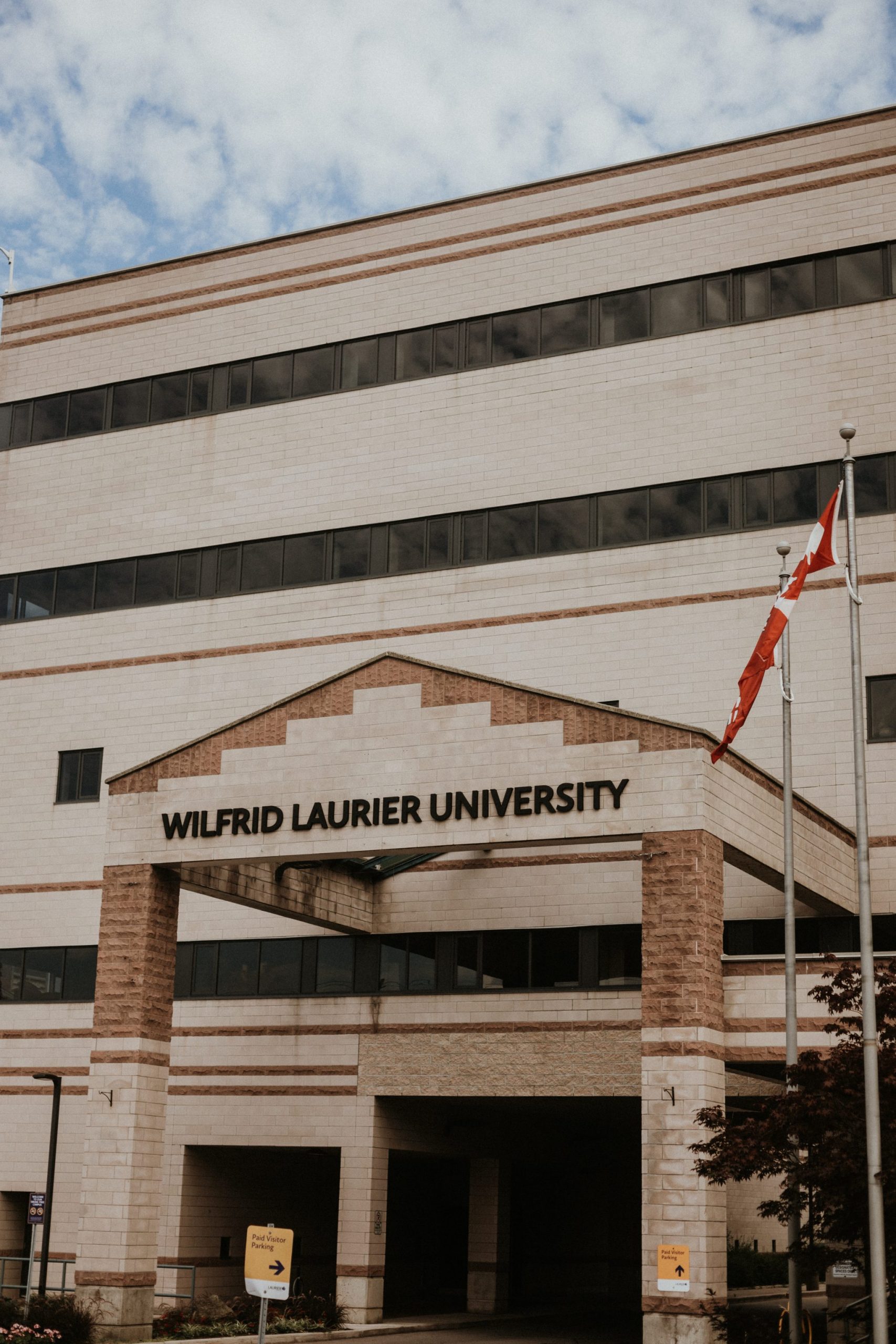Laurier Helps Ukraine: an inspiring story of student advocacy

Content warning: This article mentions sexual assault, war and violence.
Sofiya Bezruchko is a second-year psychology and criminology student at Wilfrid Laurier University. She was born in Ukraine and immigrated to Canada when she was 10 years old.
When Russia invaded Ukraine this past February, Ukrainian students like Bezruchko felt the impact personally.
“We now have to worry about things like rape and mass graves and people being buried in their front yard because there’s no time for a funeral,” Bezruchko said.
Most of Bezruchko’s family lives in Ukraine, and she knew she had to do something when the war broke out. Thus spawned the advocacy group Laurier Helps Ukraine.
“Laurier Helps Ukraine is essentially a group of students who are very passionate about what’s happening in Ukraine and who wanted to do the right thing, who wanted to help.”
“The club formed pretty much right after [the invasion]. On the 28th of February, several people got together and said, “we need to do something.” We found each other and started knocking on doors within the Wilfrid Laurier administration and we formed the club,” Bezruchko, president of the club, said.
Laurier Helps Ukraine has three objectives: Raise humanitarian aid, promote student advocacy and raise awareness. In addition, the organization wishes to introduce students toUkrainian culture.
The first objective is approached by way of donations to “humanitarian charities like Help Us Help, the Canada Ukraine Foundation,” and more.
“We’re also looking for new Ukrainian charities that we can donate to [and] that we can partner with,” said Bezruchko.
The club’s second objective – to promote student advocacy – includes helping “students from Ukraine who are now at risk of either being homeless or of being unable to continue their education. Their future and their career trajectories are completely jeopardized.”
“Students [who] have arrived here and are looking for pathways to continue education, that’s what they’re looking for and that’s what they’re really finding difficult. I’m hoping that Laurier can fill that gap and I’m hoping that we can help Laurier fill that gap,” said Bezruchko.
The third objective – to raise awareness and introduce people to Ukrainian culture – is “something that’s going to be really important, really vital.”
“We want to introduce people to Ukrainian music, to Ukrainian cinema, to Ukrainian traditions and holidays and kind of make people understand that Ukraine and the Ukrainian people are really a diverse and unique culture and ethnicity all on their own.”
Bezruchko noted that desensitization to the war is a barrier and especially troublesome for “the student body because it’s something that’s so serious, that’s so depressing … it’s difficult. It can impact people’s mental health.”
Bezruchko believes that part of this desensitization is from not seeing the undeniable human cost of the war.
“There’s a human factor to it and I think that’s something that you only see when you get more involved and you get more in contact,” Bezruchko said.
Bezruchko described one incident in which friends of hers, who had recently arrived from Ukraine, “started crying and having a really bad reaction to fireworks. That’s a sign of PTSD.”
Bezruchko will be president of the club until Sept. 6 this year, when she will become co-president alongside Elzbieta Morawska.
To get involved with Laurier Helps Ukraine, Bezruchko suggests that students “come join our club. We’re always looking for new members … it’s just a matter of reaching out and saying ‘hey, I want to help’ and, believe me, we will find work for you.”
The Laurier Helps Ukraine Instagram (@laurierhelpsukraine) is the best place for students to reach out if they want to get involved.

